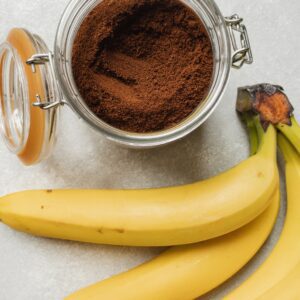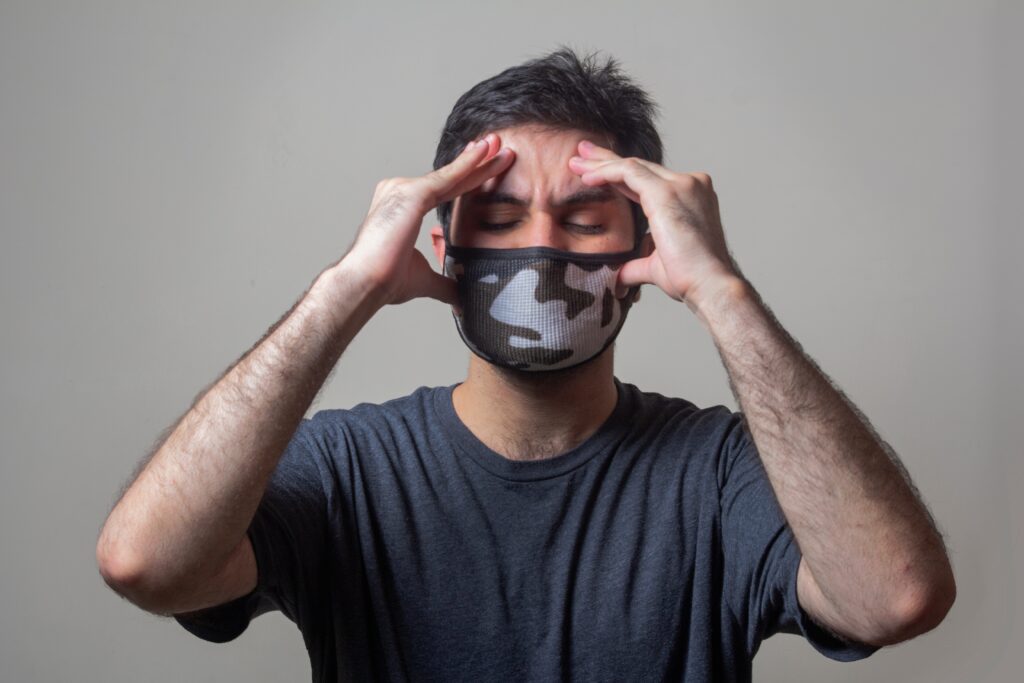by Dr Ansar Ahamed
Introduction
Migraine is one of the worst types of headaches.It’s so severe that the affected person is forced to take a day long rest away from light and noises.So identifying the triggers behind migraine is very important to prevent such attacks.
IMPORTANT NOTE
All the causes listed below may not trigger migraine in every individuals.
keep in mind the migraine triggers and take individual decision by your own experiences with help from your treating physician.
Triggers of Migraine
Migraine is a characterized by recurrent episodes of severe headaches which may last from hours to days.
These headaches can cause intense pain, throbbing sensations and is usually one sided.
During the attack patient can have increased sensitivity to light and sound.
Migraine attacks can be debilitating, often leading to missed work or school days.
While the exact cause of migraines is still unknown, researchers have identified several triggers that can contribute to the onset of a migraine episode.
In this blog post, we will explore some of the common triggers of migraines and discuss strategies for managing and preventing them.
1. Stress: A Major Culprit

Stress is a well-known trigger for migraines.
When we experience stress, our bodies release hormones that can lead to muscle tension and changes in blood flow, both of which are believed to contribute to migraines.
In fact, studies have shown that elevated stress levels can increase the frequency and severity of migraine attacks.
To manage stress and reduce its impact on migraines, it is important to engage in regular stress-reducing activities.
This can include practicing relaxation techniques such as deep breathing exercises, yoga, or meditation.
Additionally, incorporating regular exercise into your routine can help to decrease stress levels and promote overall wellness.
2.Dietary Factors: Watch What You Eat
Certain foods and beverages have been identified as triggers for migraines in some individuals. While the specific triggers can vary from person to person, some common culprits include.
Food additives: Certain food additives, such as monosodium glutamate (MSG) and artificial sweeteners, have been reported to trigger migraines in some people.
It is advisable to read food labels carefully and avoid foods that contain these additives if they are a trigger for you.

HOTDOGS,TOMATO SAUCE

Tomato sauce contains Tyramine and Histamine
Yogurt contains Tyramine.
CANNED FOODS

Nitrates and nitrates added for meat preservation in canned foods can trigger migraine attack.
PICKLES ESPECIALLY FISH PICKLE

Pickles Contains tyramine and it may trigger headaches.
CITRUS FRUITS

ONION

Onion contains Tyramine, sulfites and histamines which can cause headaches in some individuals.
TOMATOES

Tomatoes contain tyramine, glutamate and histamine which can effect the blood vessels in the brain and trigger headaches.
CHOCOLATES

COCOA & BANANA

Cocoa contains phenylethylamine and banana contains histamine.
CHEESE

Cheese contains histamine which can trigger migraine.
ALCOHOL

Alcohol consumption can cause migraine. Red wine and beer consumption is associated with spikes of headache bouts.
CAFFEINE

- While caffeine can provide temporary relief for some migraine sufferers, it can also trigger migraines in others. It is important to monitor your caffeine intake and identify if it plays a role in your migraines.
- Certain anti migraine medication contains caffeine suggesting it helps in reducing its severity
- A sip of coffee is said to be beneficial in the initial stages for reducing severity.
- If you feel coffee is triggering your migraine it’s better to stop consuming it.
3. SMOKING

Nicotine is a stimulant found in tobacco and it in turns causes release of dopamine and norepinephrine in the brain which can result in migraine.
Also some people may be sensitive to odors of smoke and that in turn can result in migraine attacks.
SOFT DRINKS

The caffeine added in soft drinks can trigger headaches.
4. BRIGHT LIGHT & FLASHES OF LIGHT

Bright lights: Exposure to bright or flickering lights can trigger migraines in some individuals. If you find yourself sensitive to light, wearing sunglasses and reducing your exposure to harsh lighting may help prevent migraines.
5. MEDICATIONS

Oral contraceptives ,certain anti hypertensive drugs and antidepressants can trigger headache onset.
6. OVER EXERTION

Regular exercise is good for maintaining your health but over exerting yourself may trigger migraine.
7. STRONG SMELL

Strong smells: Certain strong odors, such as perfumes, cleaning products, or smoke, can trigger migraines in some people.
It may be helpful to identify the smells that are triggers for you and try to avoid them when possible.
8. Hormonal Changes: A Migraine Connection
Migraines is very common in females and spike during menstruation.
Menopause onset can also trigger severe headaches.
It’s due to hormonal changes which is causing headaches.
Hormonal fluctuations are another common trigger for migraines, particularly in women.

Many women report experiencing migraines around the time of their menstrual periods, during pregnancy, or during menopause.
Fluctuating hormone levels are believed to be responsible for these
To manage hormonal migraines, it can be helpful to track your menstrual cycle and identify patterns in your migraines.
This can allow you to anticipate the onset of a migraine and take preventive measures, such as taking prescribed medications or practicing relaxation techniques.
9. DEHYDRATION

Inadequate hydration can also trigger migraines in some individuals.
It is important to drink plenty of water throughout the day to maintain proper hydration levels.
10. Environmental Triggers: Watch Your Surrounding Environment
WEATHER CHANGES

Rapid changes in weather conditions, particularly changes in barometric pressure and temperature, can trigger migraines in susceptible individuals.
While we can’t control the weather, being aware of potential triggers can help in managing migraines.
11. Changes in Sleep Patterns: A Lack of Rest

Changes in sleep patterns, such as getting too little or too much sleep, can also trigger migraines.
It is important to establish a regular sleep routine and aim for seven to eight hours of quality sleep each night.
Avoiding caffeine and electronic devices close to bedtime can also promote better sleep quality.
Sleep Hygiene: Top 10 Tips for a Good Night’s Sleep
12. SKIPPING MEALS
When you skip a meal the blood sugar level in the brain is lowered resulting in migraine attack.
Try to take balanced meals at regular timing and always try your maximum never to skip meals.Also keep your body hydrated.

13. NECK PAIN
Cervical myalgia is also suspected in some case as migraine trigger.

Conclusion: Taking Control of Migraine Triggers
While migraines can be unpredictable and disruptive, understanding and managing triggers can significantly reduce the frequency and severity of migraine attacks.
By identifying personal triggers and taking proactive steps, such as managing stress, adjusting dietary habits, tracking hormonal cycles, maintaining regular sleep patterns, and minimizing exposure to environmental triggers, individuals can gain control over their migraines and improve their quality of life.
It’s important to remember that triggers vary from person to person, so what may trigger migraines for one person may not affect another.
Keeping a migraine diary can be a helpful tool to identify and track individual triggers.
It is also advisable to consult with a healthcare professional for a comprehensive evaluation and personalized treatment plan.
In summary, migraines are a complex neurological condition with multiple triggers.
By adopting healthy lifestyle habits, understanding individual triggers, and seeking appropriate medical guidance, individuals can take control of their migraines and minimize their impact on their lives.
With knowledge and proactive management, a future with fewer migraines is within reach.

Iñformative